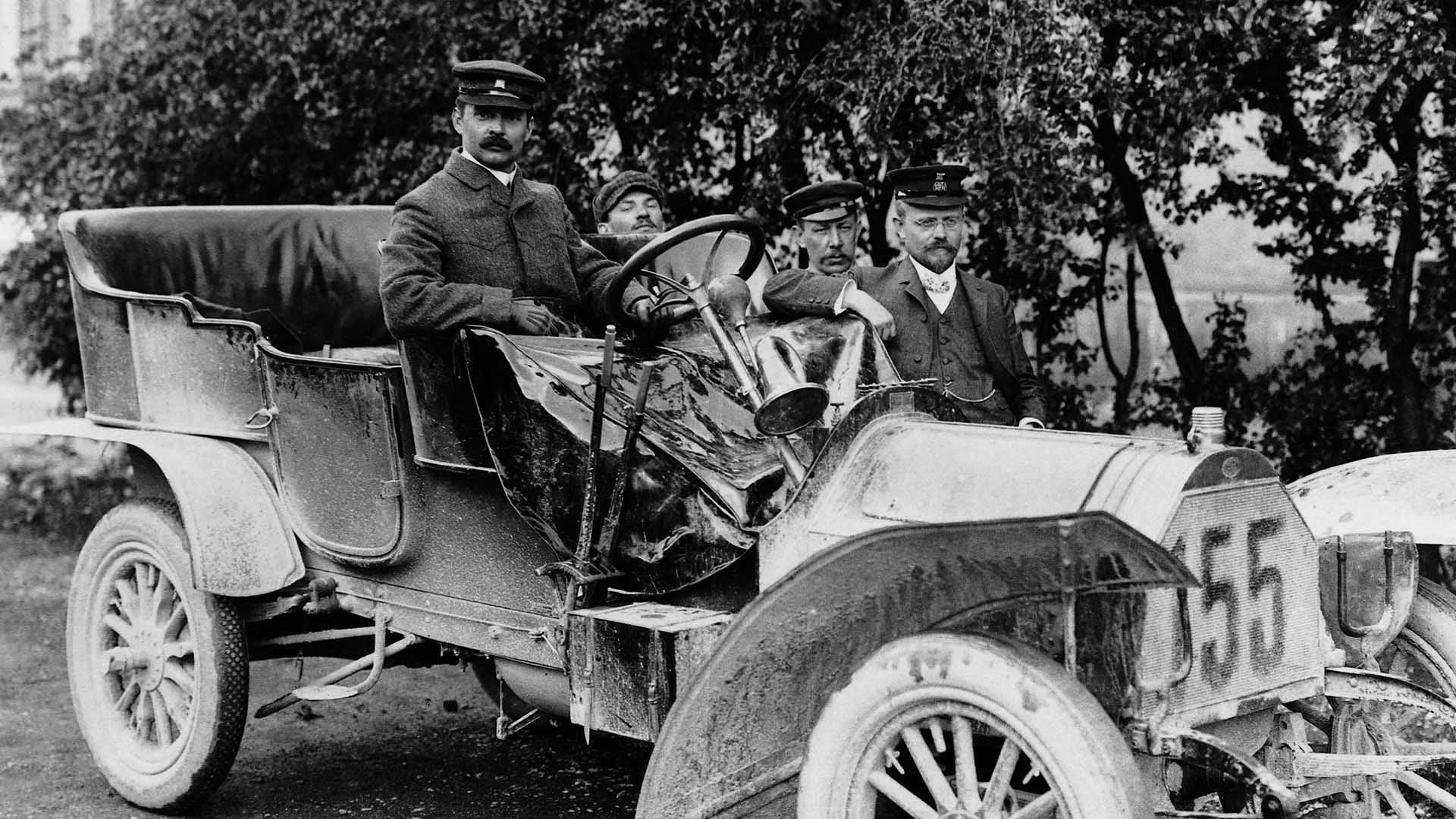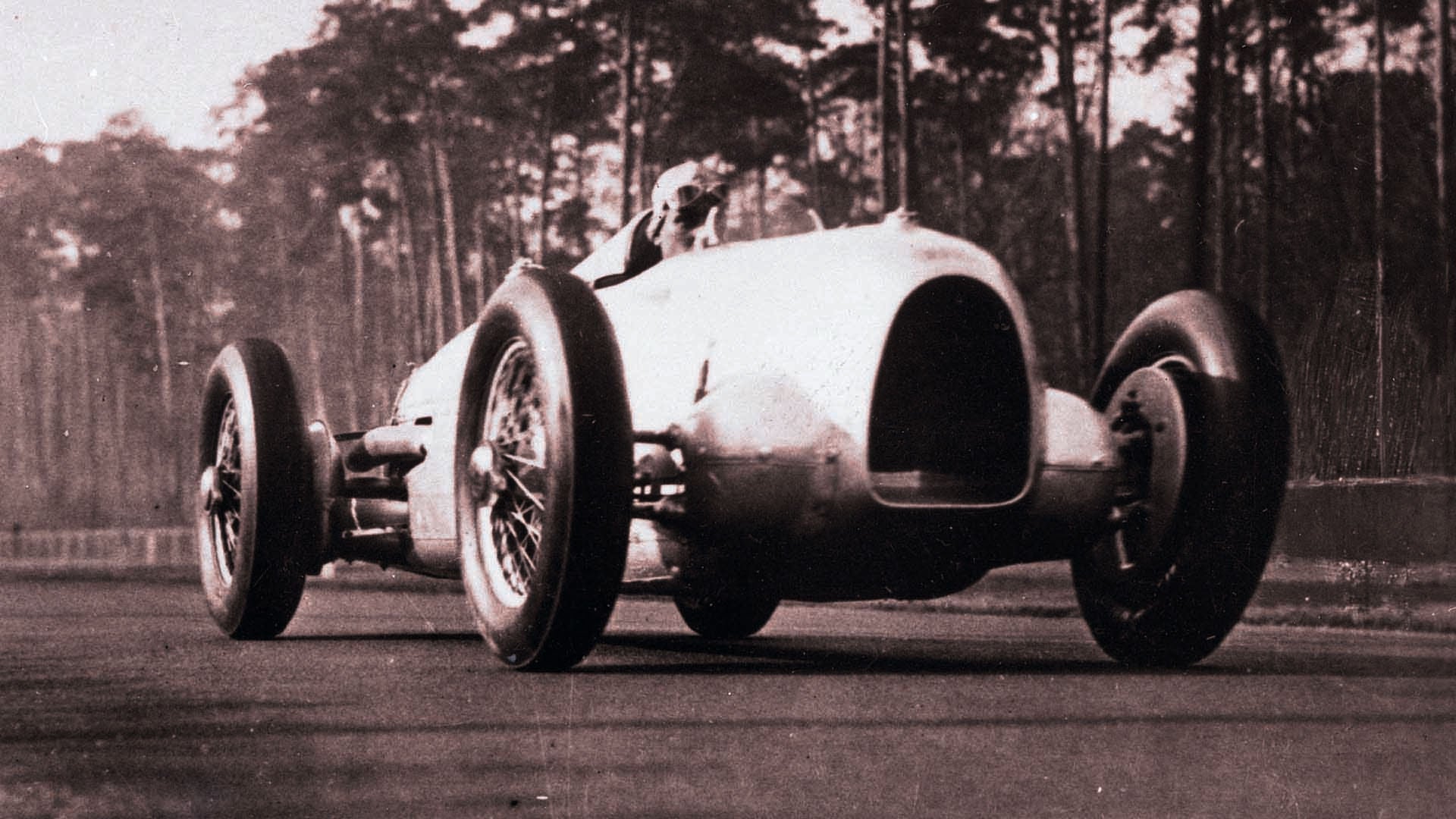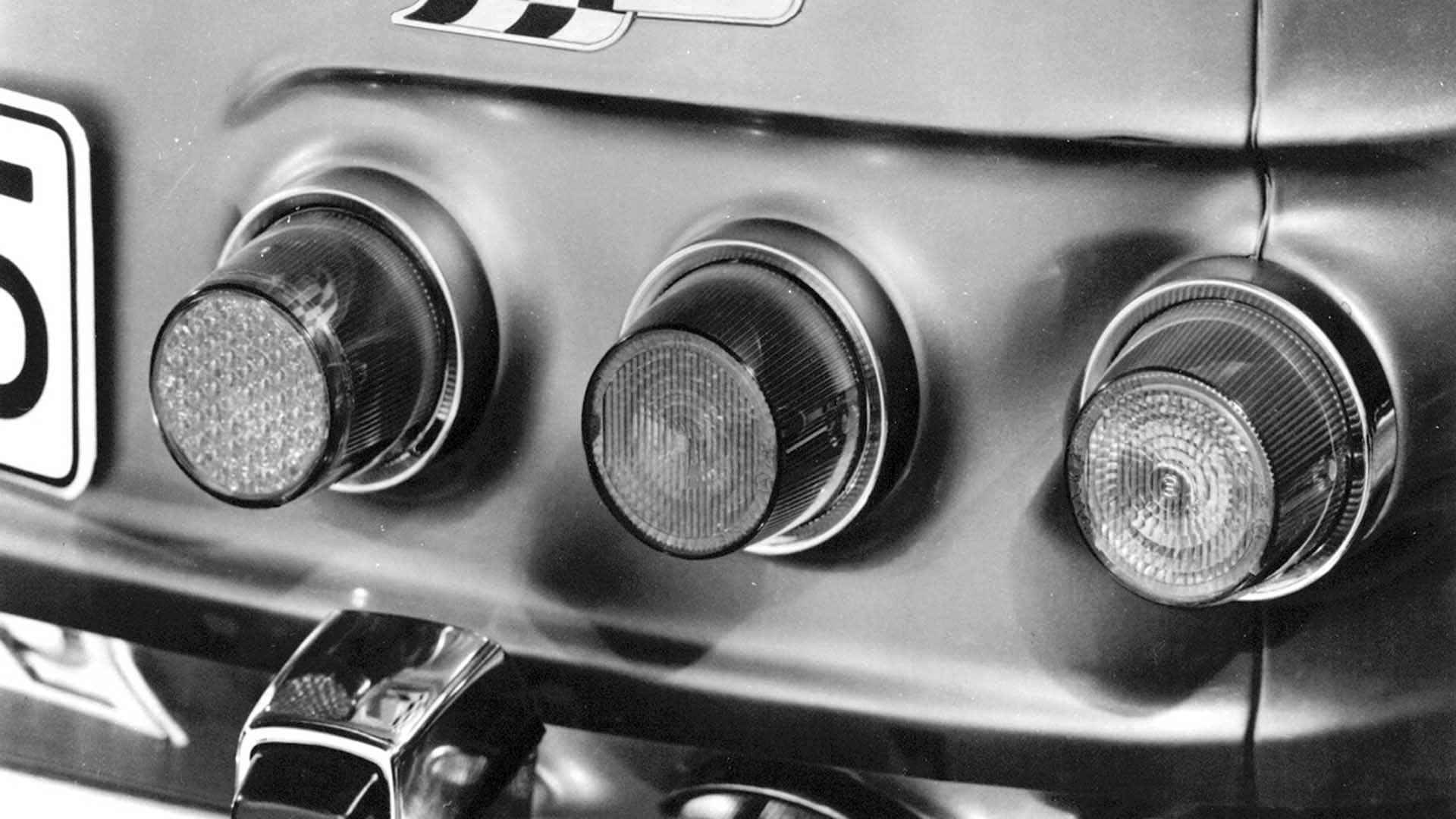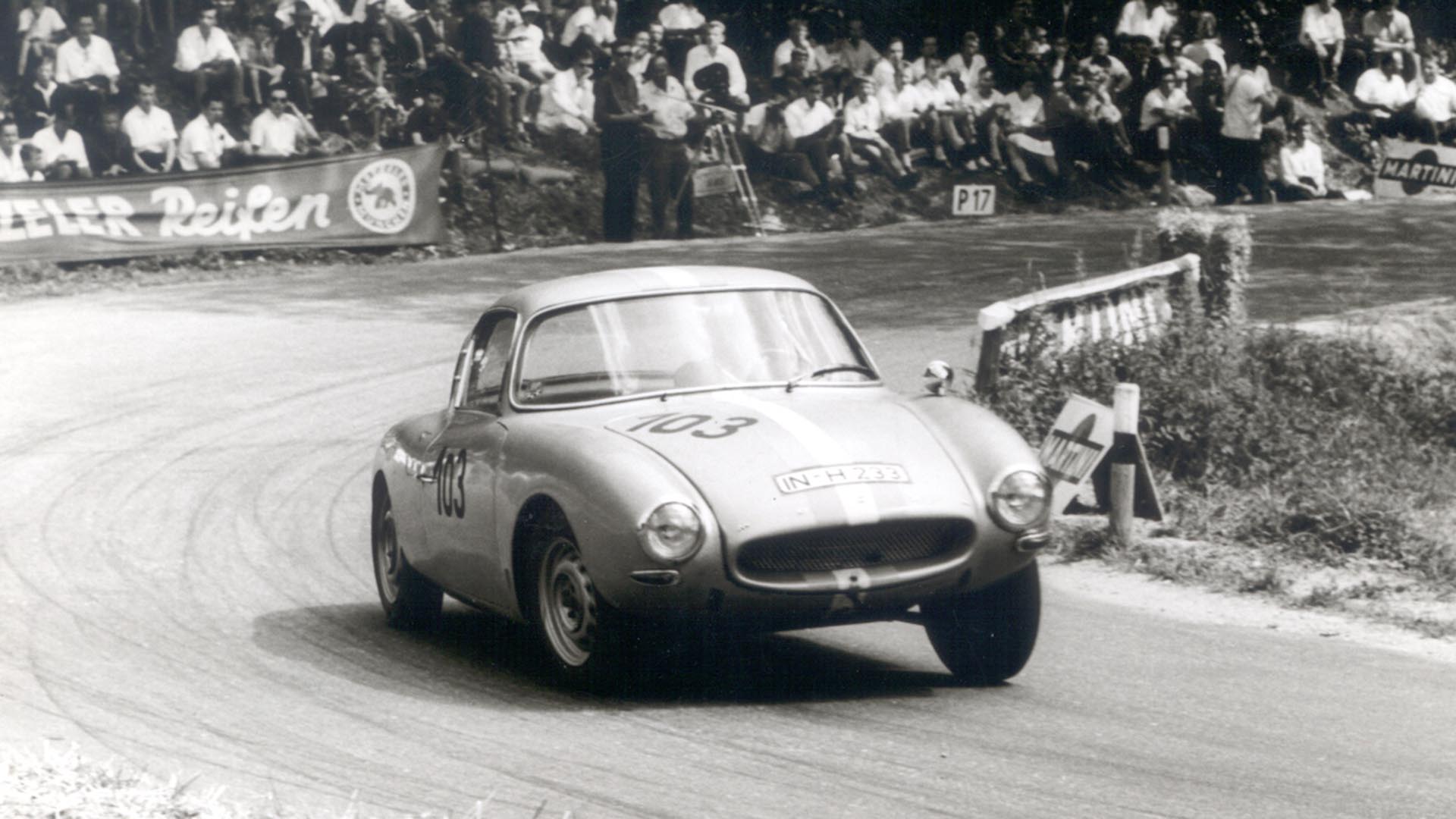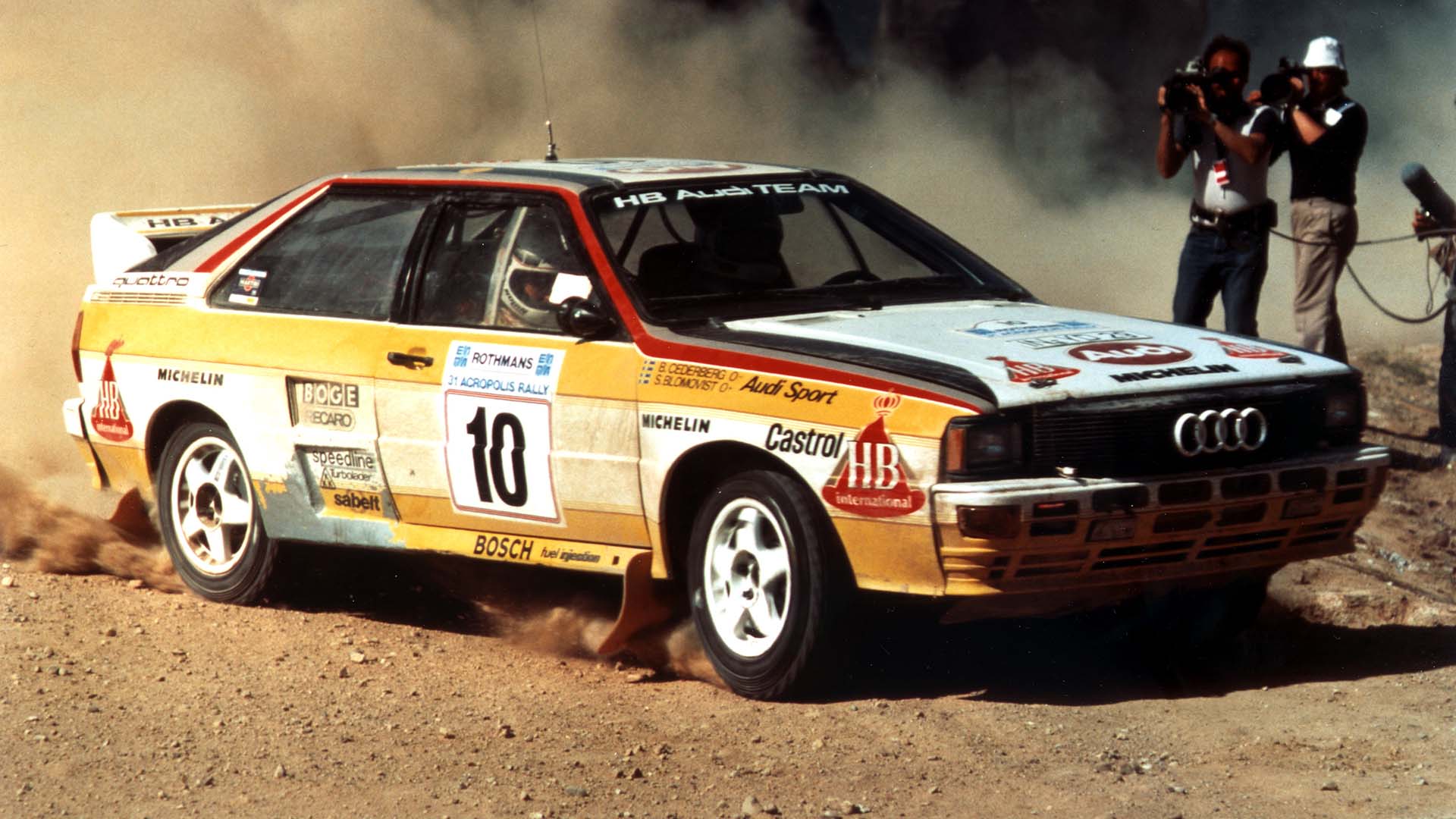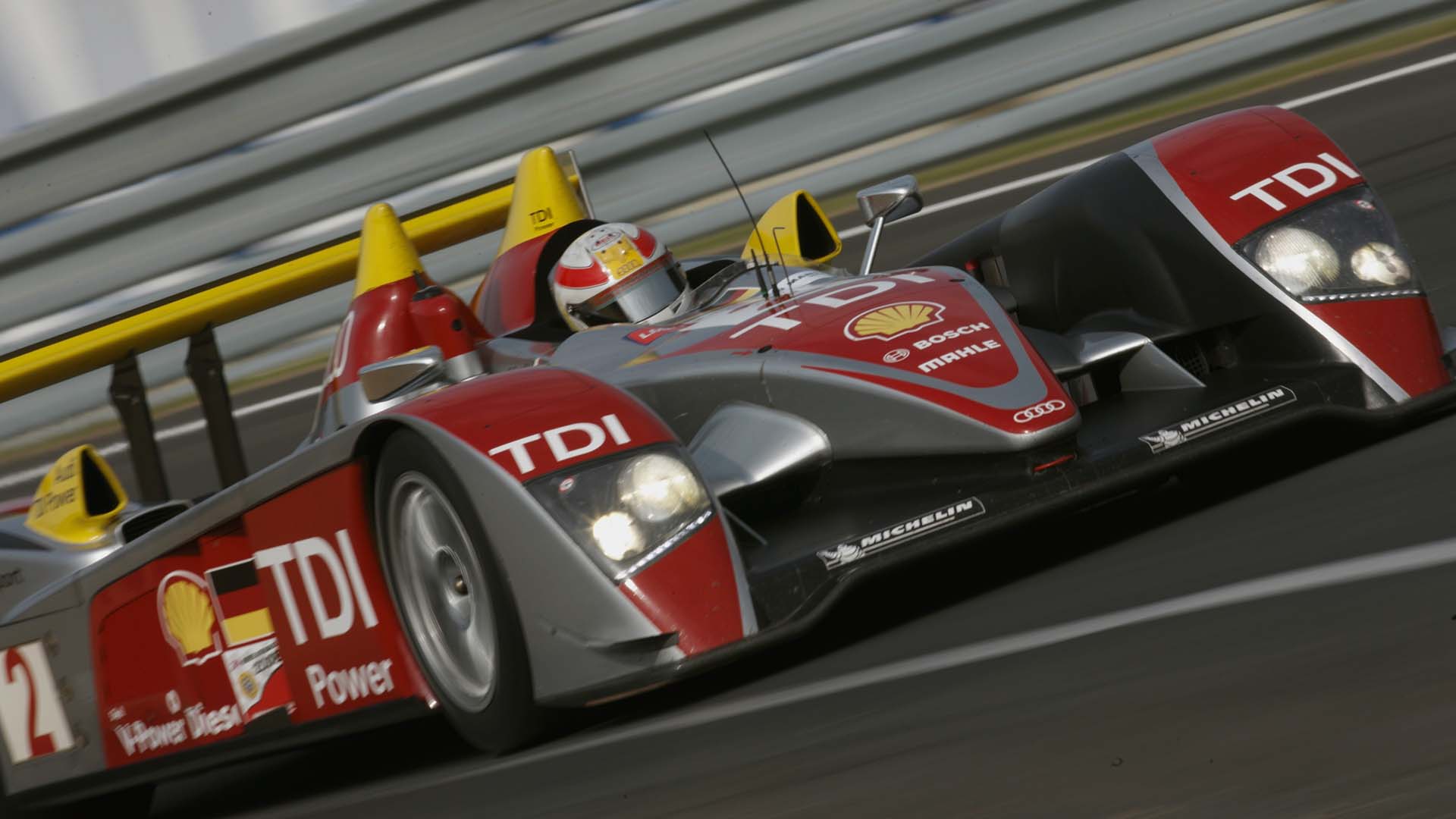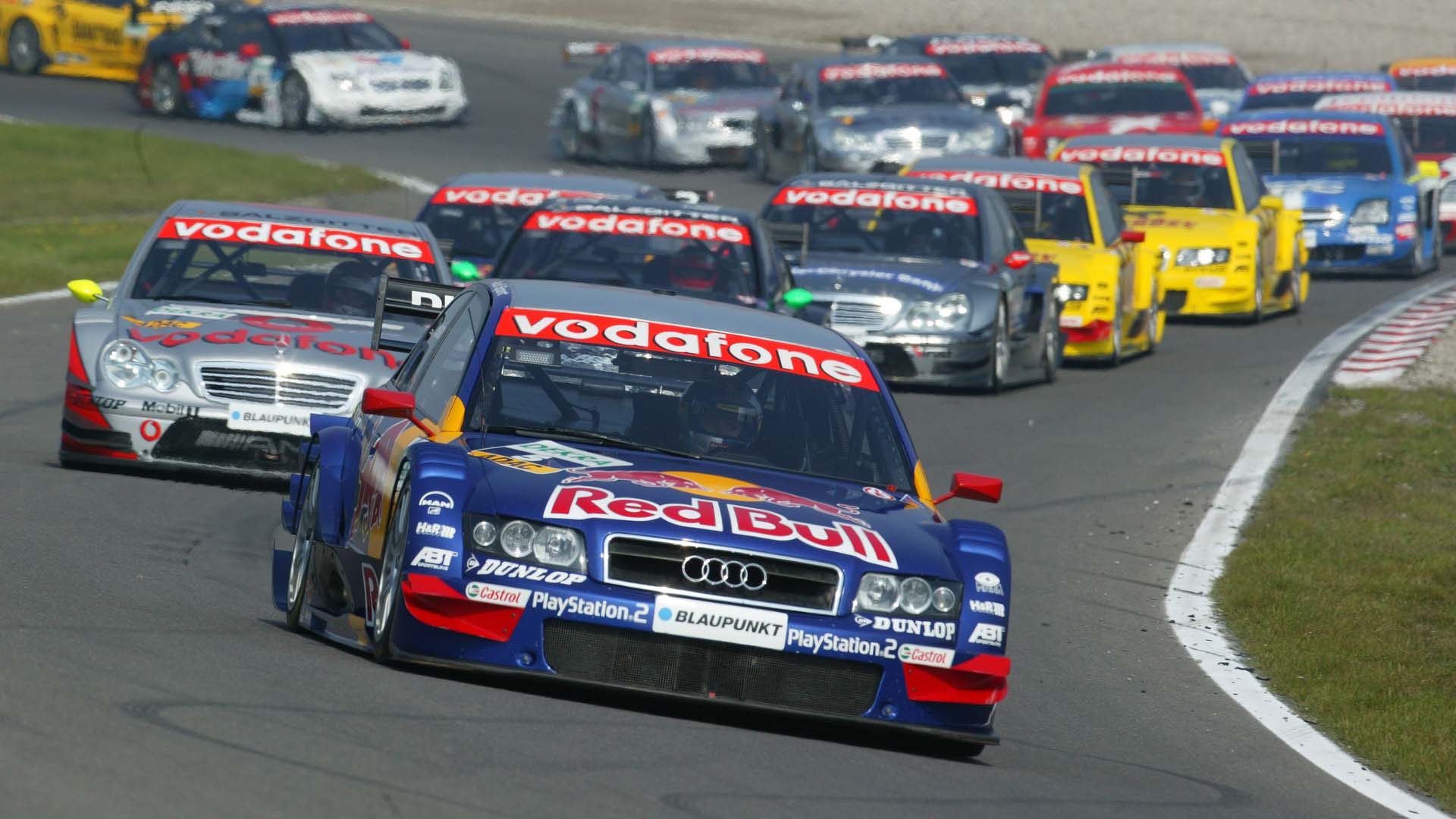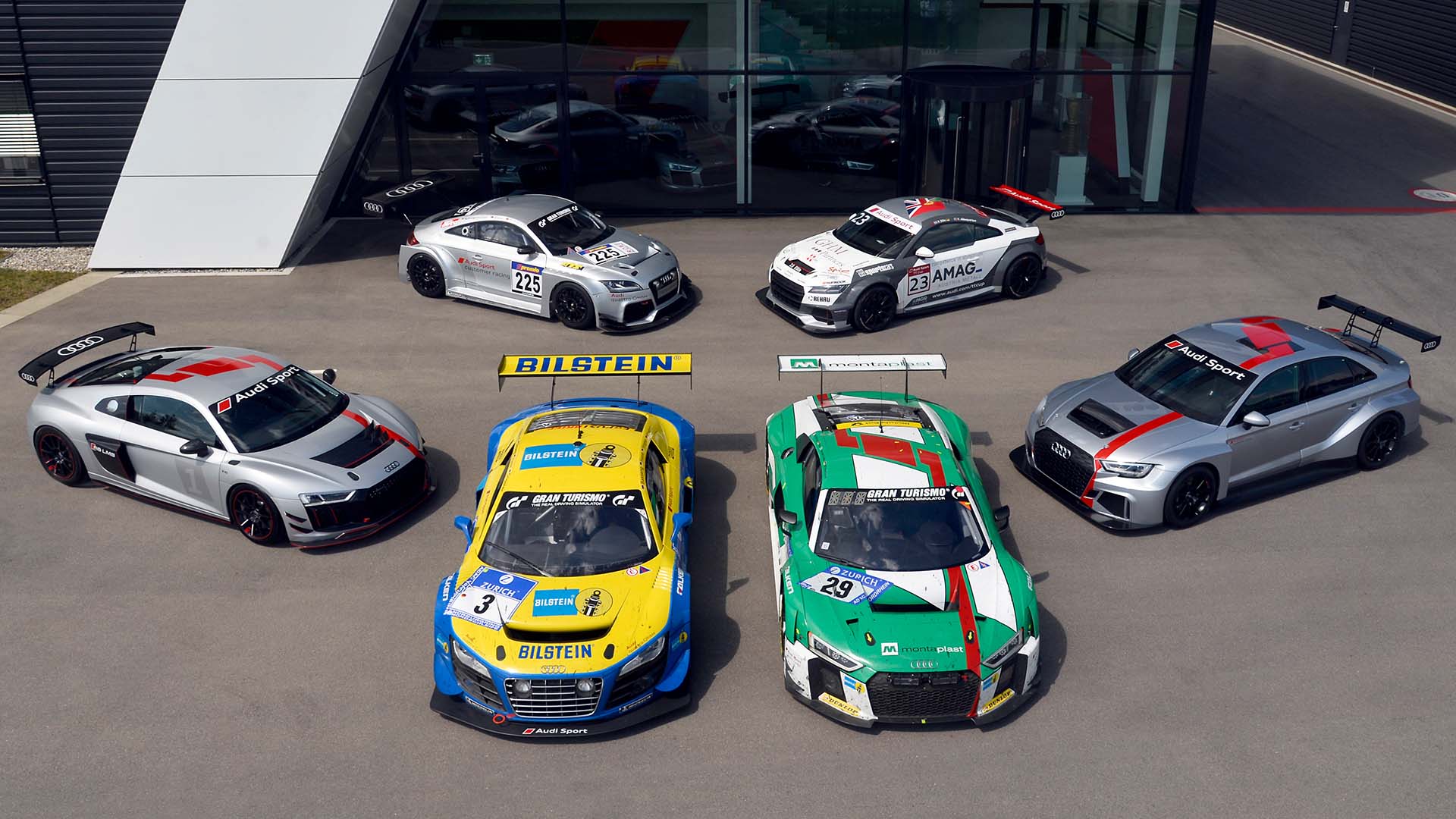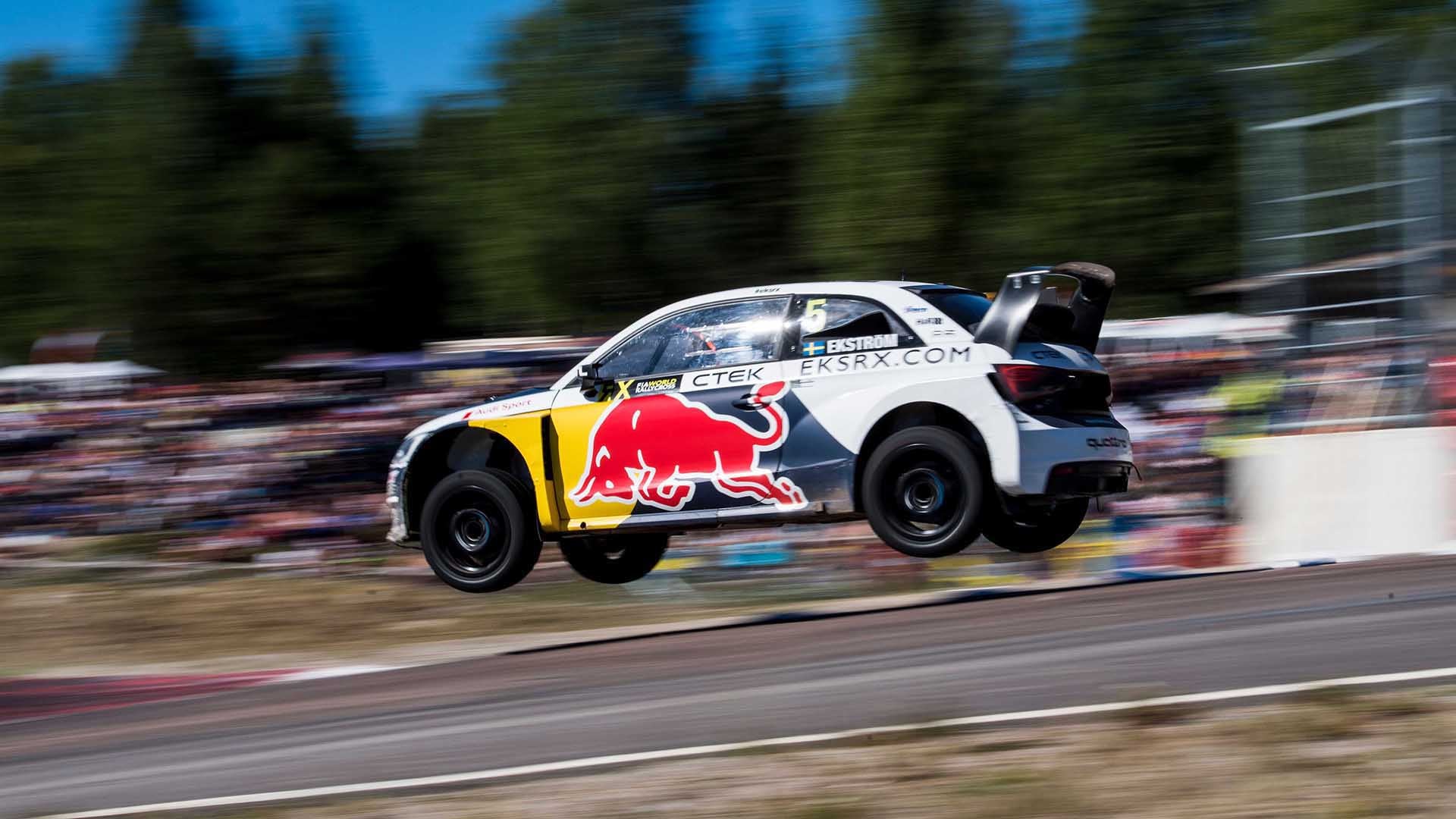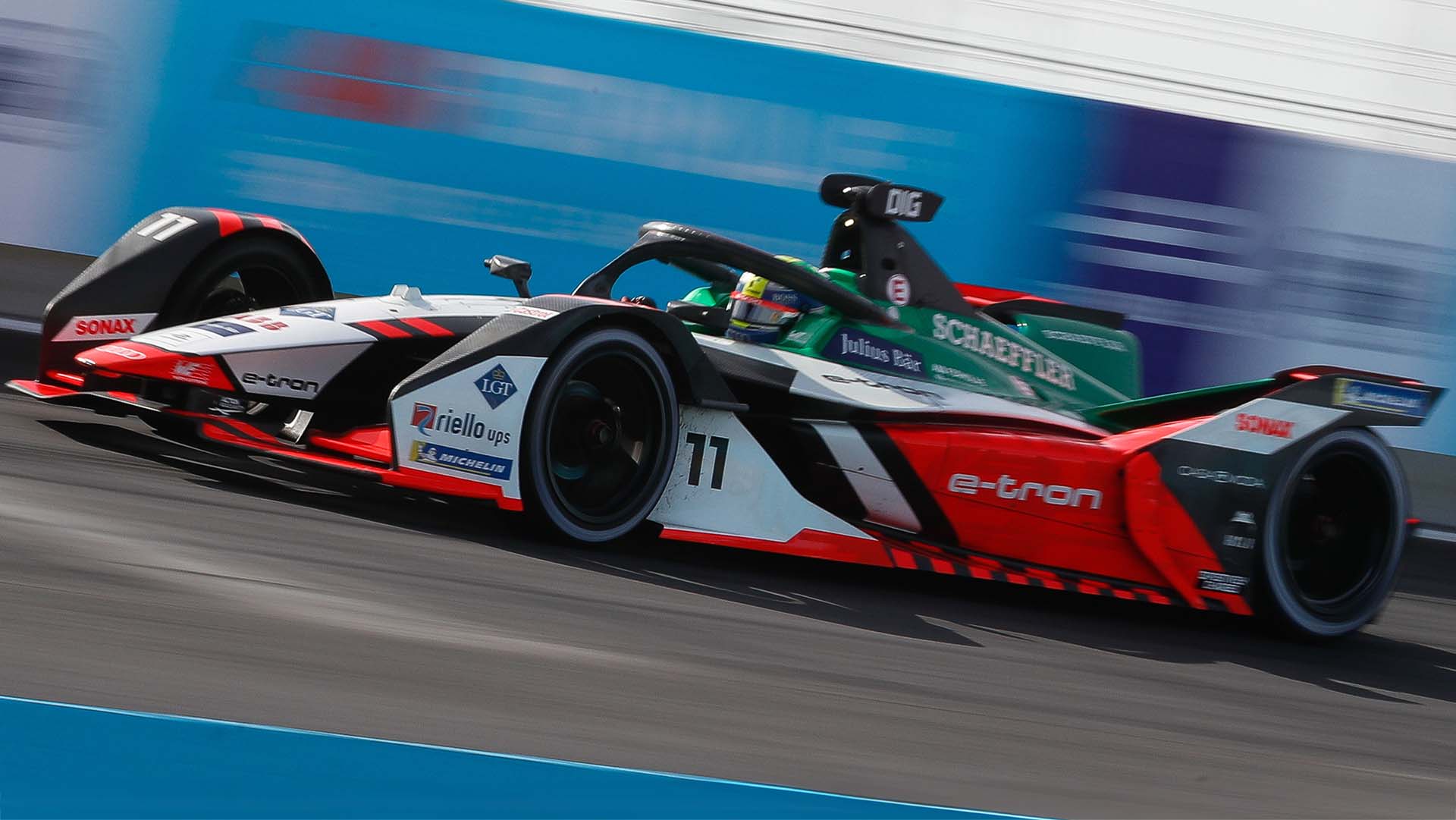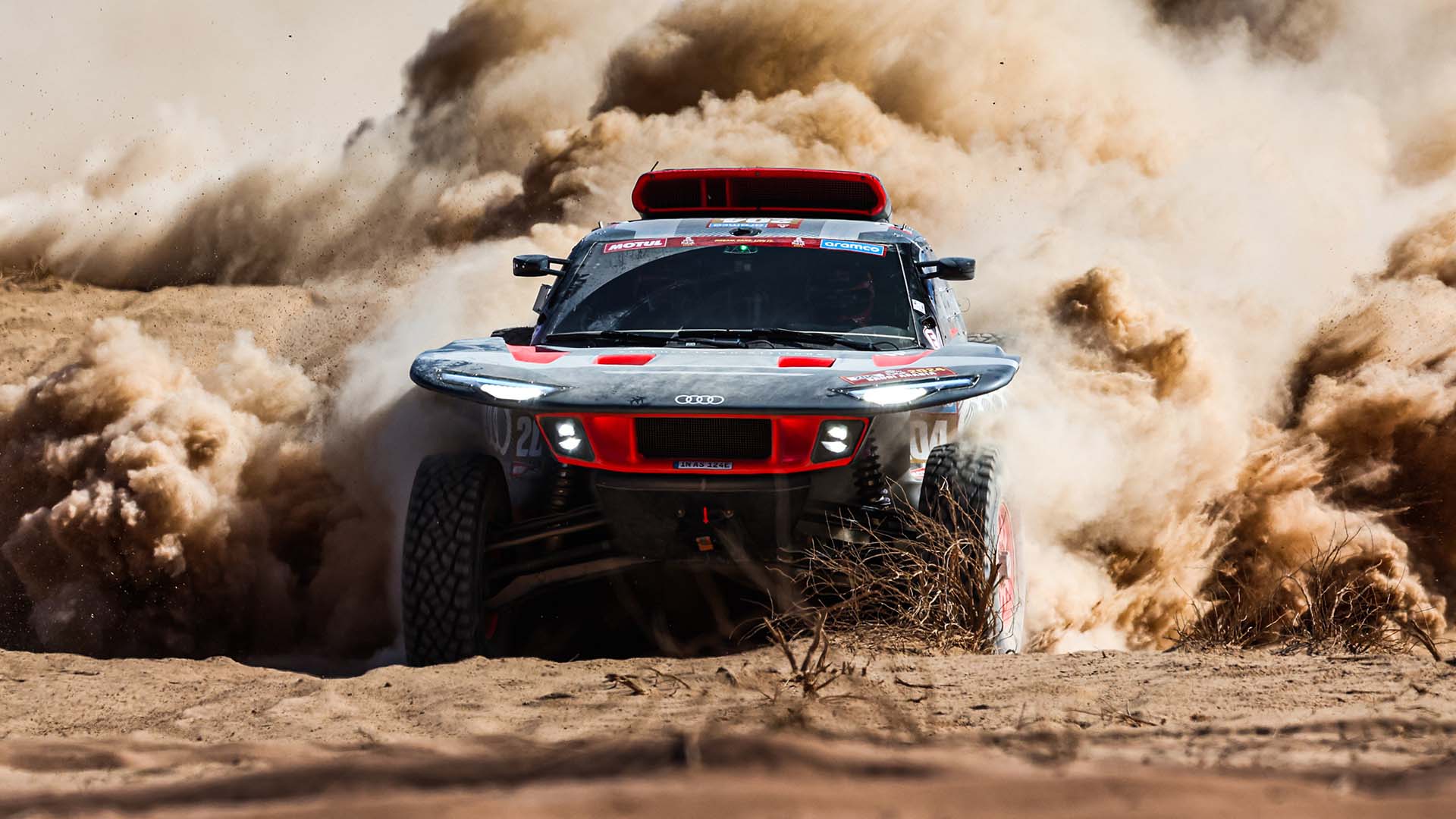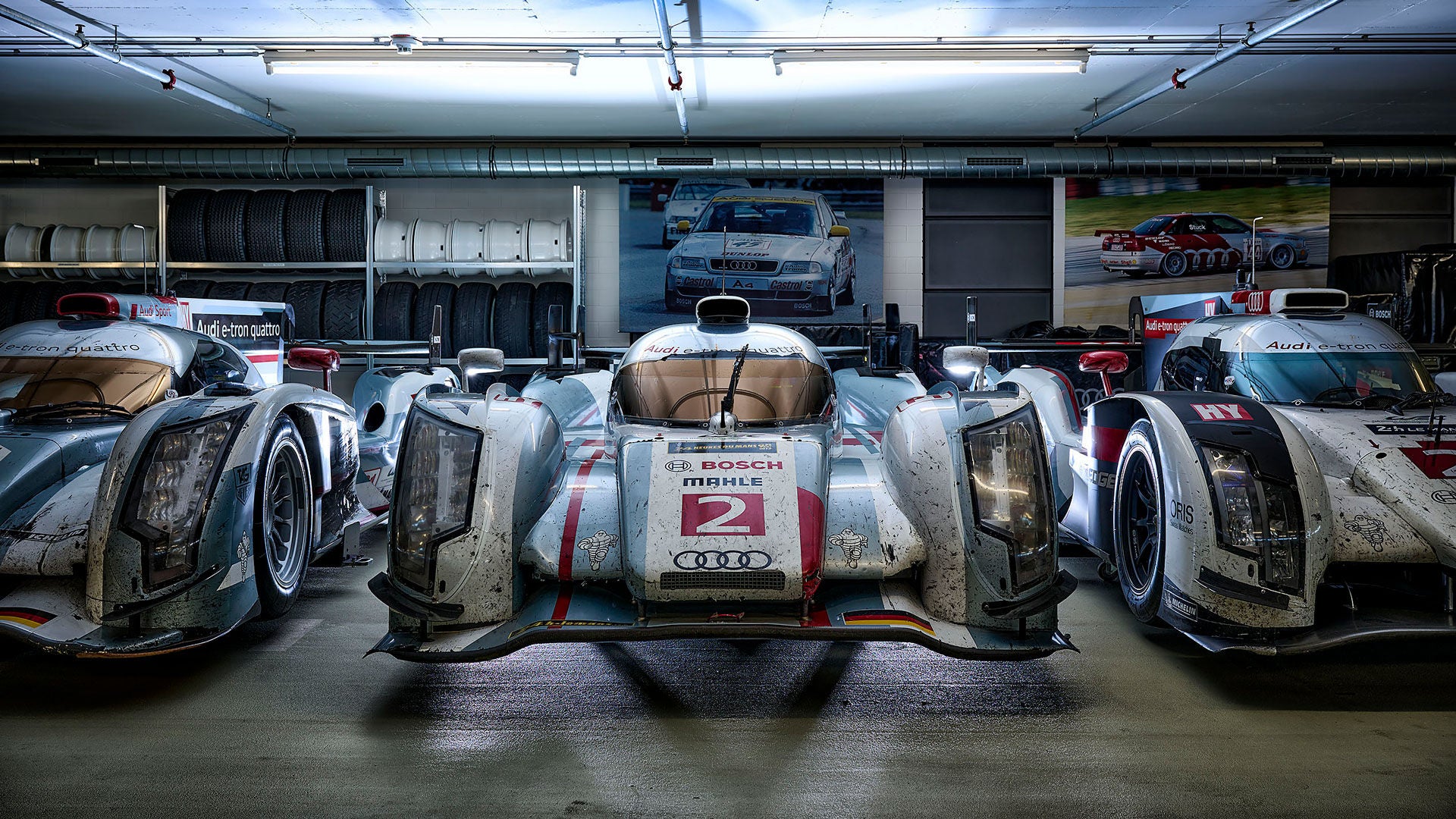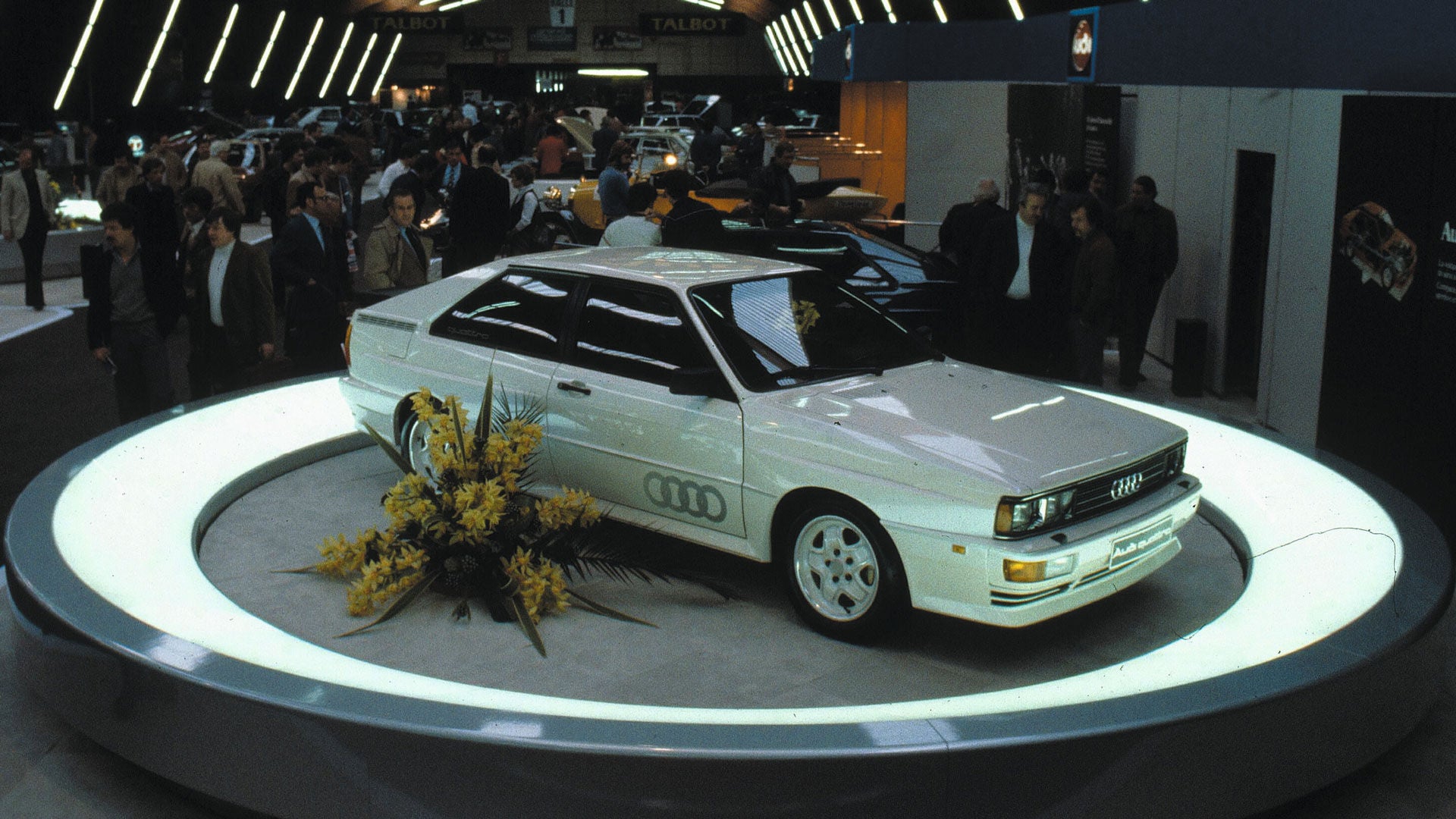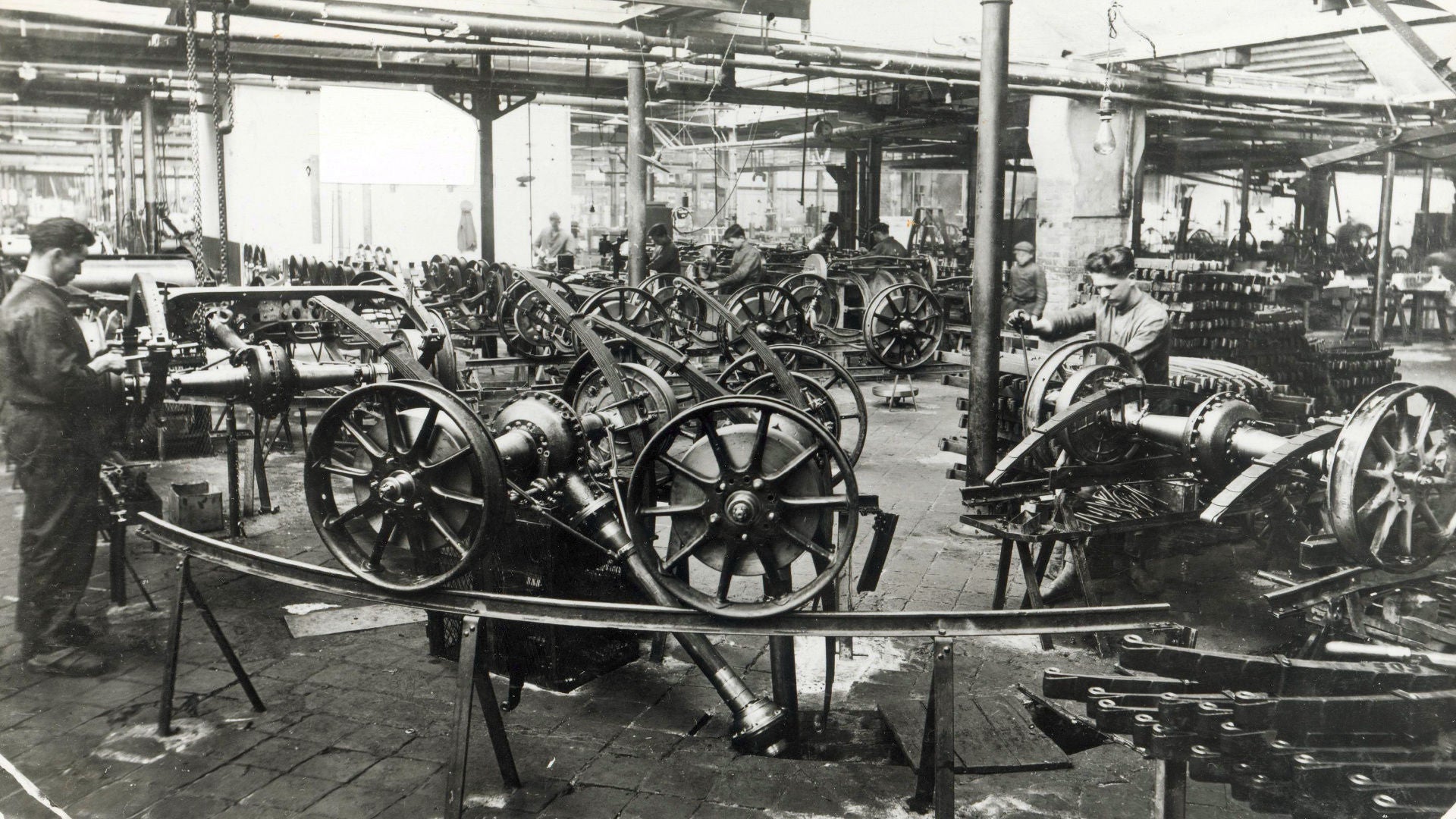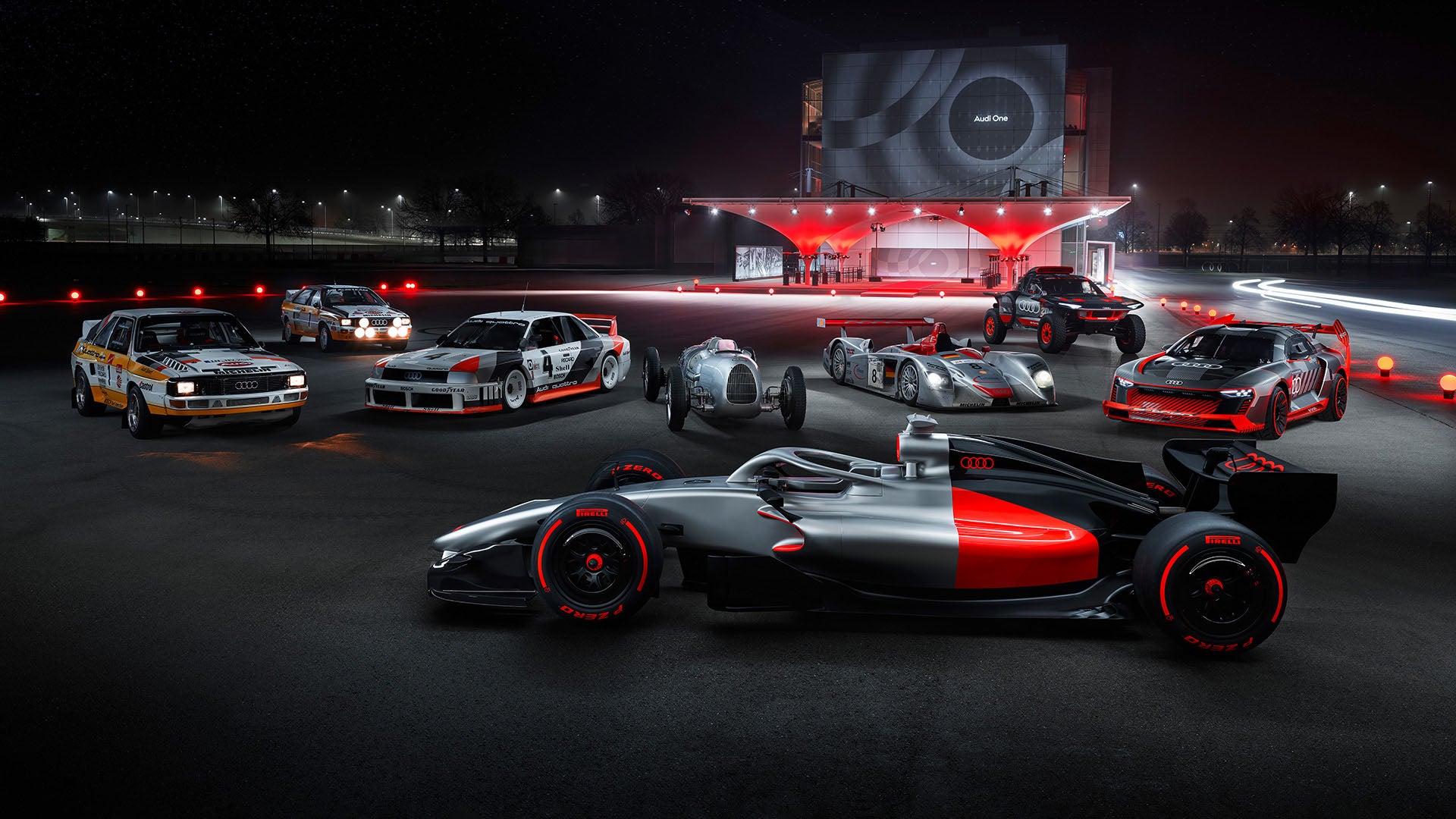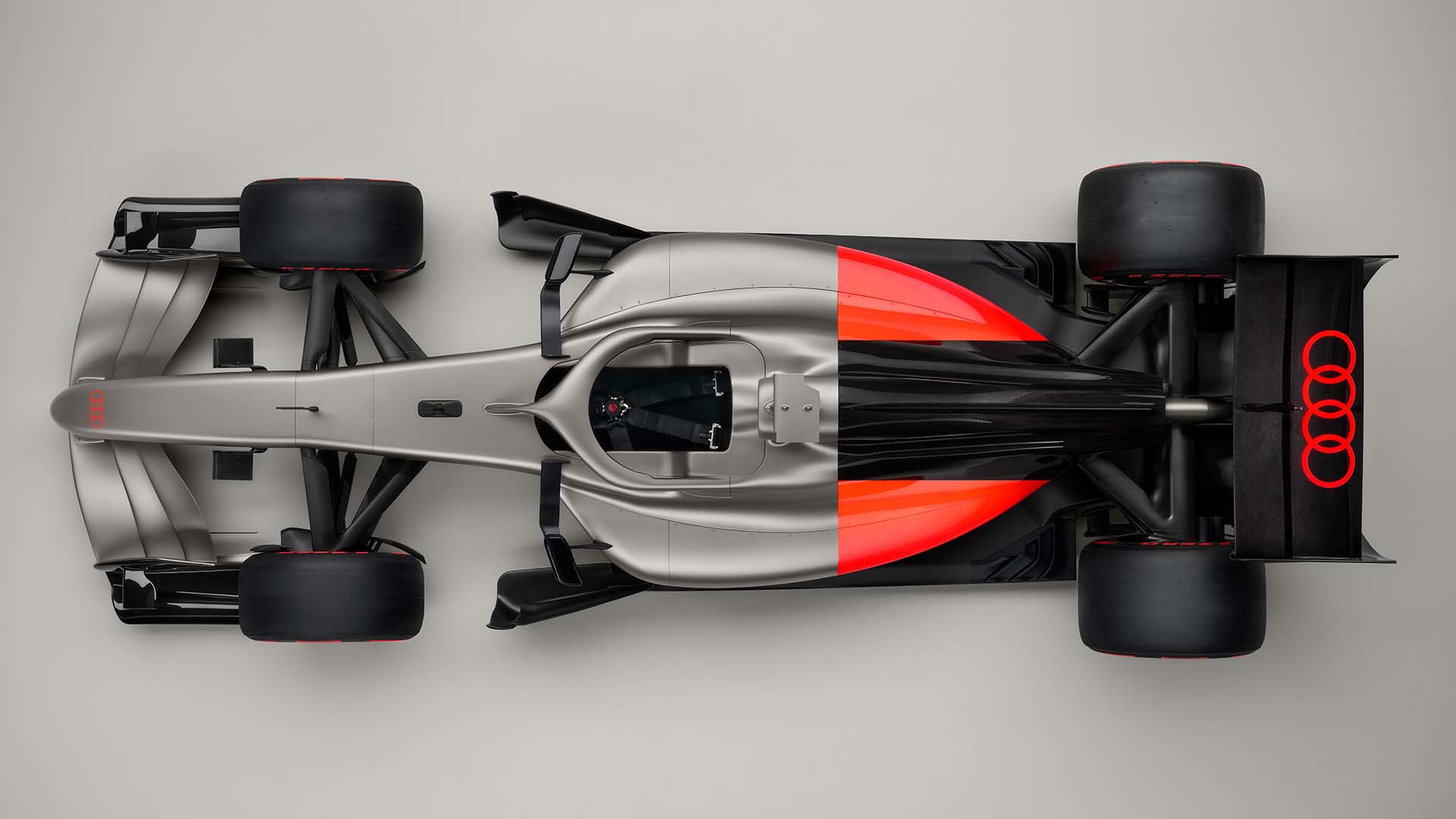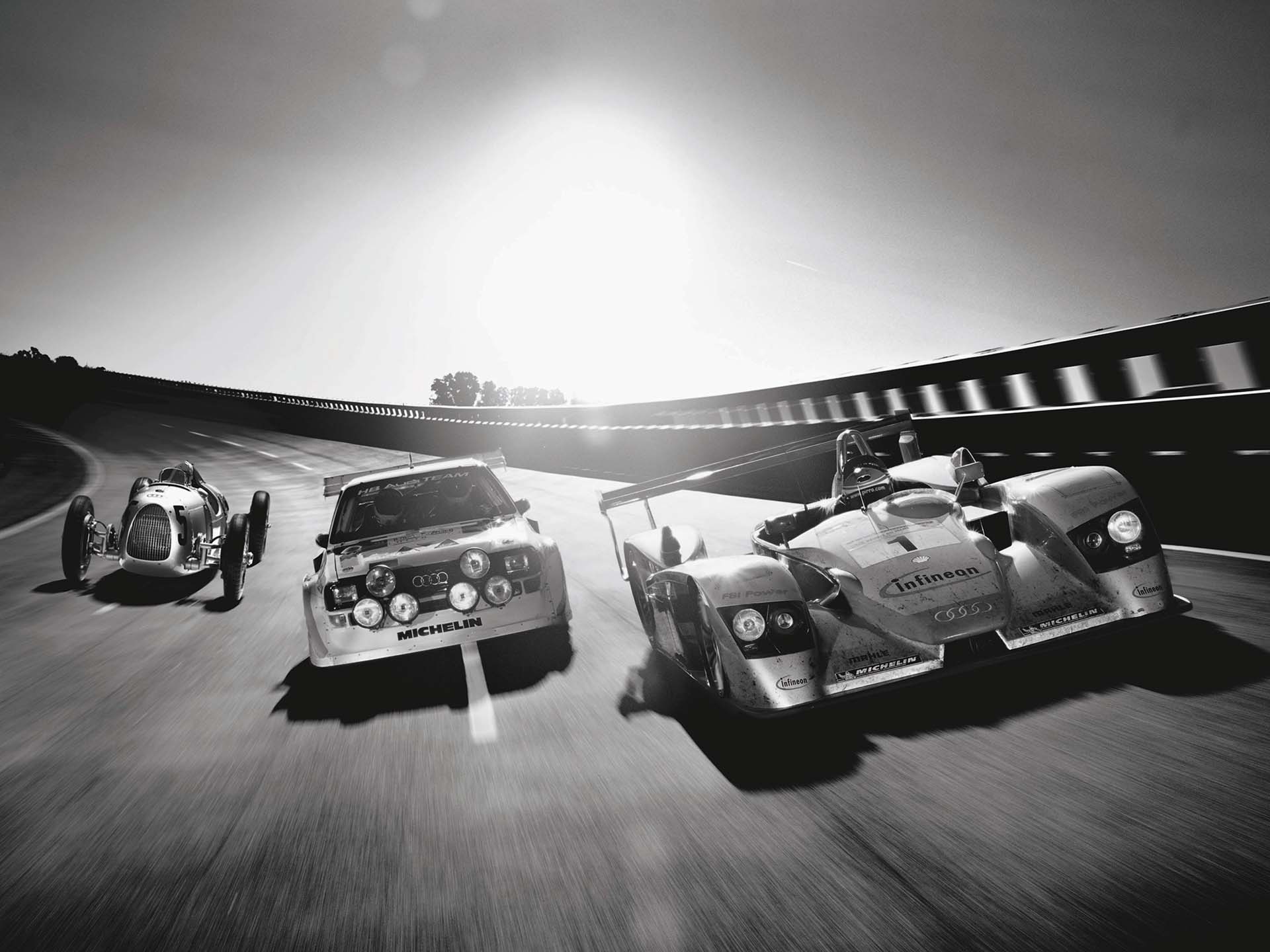
Motorsport history
The rich history of Audi in motorsport includes more than a century of success. From the early beginnings, roaring through the 30s with the silver arrows, to decades of race wins and titles on four and two wheels, revolutionizing rallying with quattro and taking that technology onto racetracks worldwide, endurance racing triumphs at Le Mans, DTM titles, electric racing in Formula E and winning the grueling Dakar Rally, the four rings represent success in competition.
World Rally Championship
4
world titles
DTM
12
drivers’ titles
Le Mans 24 Hours
13
overall victories
Dakar Rally
1
overall victory
Motorsport history of the four rings
Find out more about the over 100 years of history in the different eras of the four rings in motorsport.
The beginnings
quattro in the world of motorsport
Racing into the new millennium
Audi Tradition
The history of Audi continues to live on thanks to Audi Tradition. Find out more about the history of the brand and current events.
